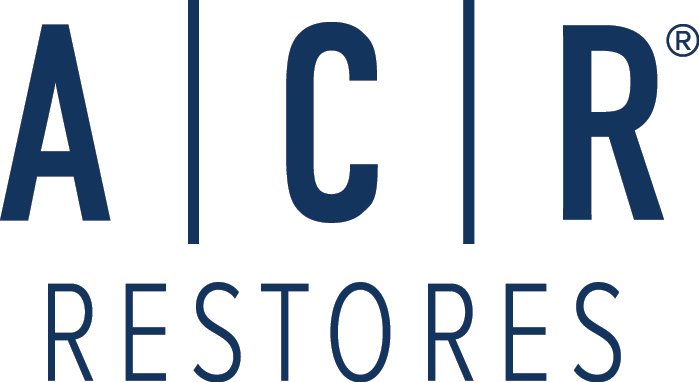UNCONVENTIONAL WAYS TO ASSESS RISK IN HEALTHCARE ORGANIZATIONS
For insurance brokers and loss control professionals, key stakeholders rely on you to assess risk within their organizations. Not only are you responsible for understanding traditional risks, but you’re also held accountable for deep-diving into the ins and outs of comprehensive policies and procedures.
When it comes to the healthcare industry, we know the majority of facilities are operating at 3% margins or, in some cases, even negative margins, so cutting costs has become a top priority. As 2021 brings additional complexities with the impact of the COVID-19 pandemic continually evolving, we’re eager to help. We offer everything you need to assess risk and free up more dollars to invest in your facility.
While each healthcare organization is different, according to Risk Watch, the top five equally weighted categories for assessing risk in healthcare are:
Cyber Threats
Physical Attacks
Compliance Lapse
Healthcare Illness
Privacy Management and Information Security
CHUG strives to look at traditional risks in healthcare systems and expand our assessments to include unconventional risks. These practices help us add value while working with insurance brokers and adhering to Centers for Medicare & Medicaid Services (CMS) regulations, keeping our members prepared for Life Safety Surveys.
According to CMS, “Long-Term Care facilities must develop and maintain an emergency preparedness plan that must be reviewed and updated at least annually.”
Here’s how CHUG is different:
CMS requires a documented risk assessment, but CHUG uses a Hazard Vulnerability Assessment (HVA) developed exclusively for members and a dedicated workshop with added insights and training.
We understand the healthcare risks and have policies that assist in mitigation, preparing for, responding to and recovering for types of responses they can provide in emergencies, disasters and other urgent events. CHUG provides the basic Incident Command structure within our policies which include delegations of authority, succession plans and continuity of operations. Most healthcare organizations during annual surveys by Life Safety have been cited for not having the necessary plans in place.
CHUG has written policies that address cooperation and collaboration with both Government and Non-Government Organizations. Their whole philosophy is based on Collaboration and Mutual Aid.
CHUG’s exclusive Emergency Operations Plan (EOP) templates have been completely revised to coincide and reflect the CMS requirements and are prepared for our members to assist with their annual Life Safety Surveys.
Health Care organizations must develop and maintain an emergency preparedness program complete with training and testing based on their emergency plan and risk assessment. The training and testing program must be reviewed and updated at least annually. CHUG provides a wide variety of workshops and Homeland Security Exercise and Evaluation Program exercises and drills to assist our members with compliance.
Healthcare organizations must implement emergency and standby power systems based on their emergency plan and risk assessment. CHUG works with organizations to provide emergency and standby power systems.
For insurance brokers and loss control professionals, the key to assessing risk in healthcare facilities is understanding how each organization manages risk. CHUG and ACR are your strategic partners to help you navigate risk in the healthcare industry.



